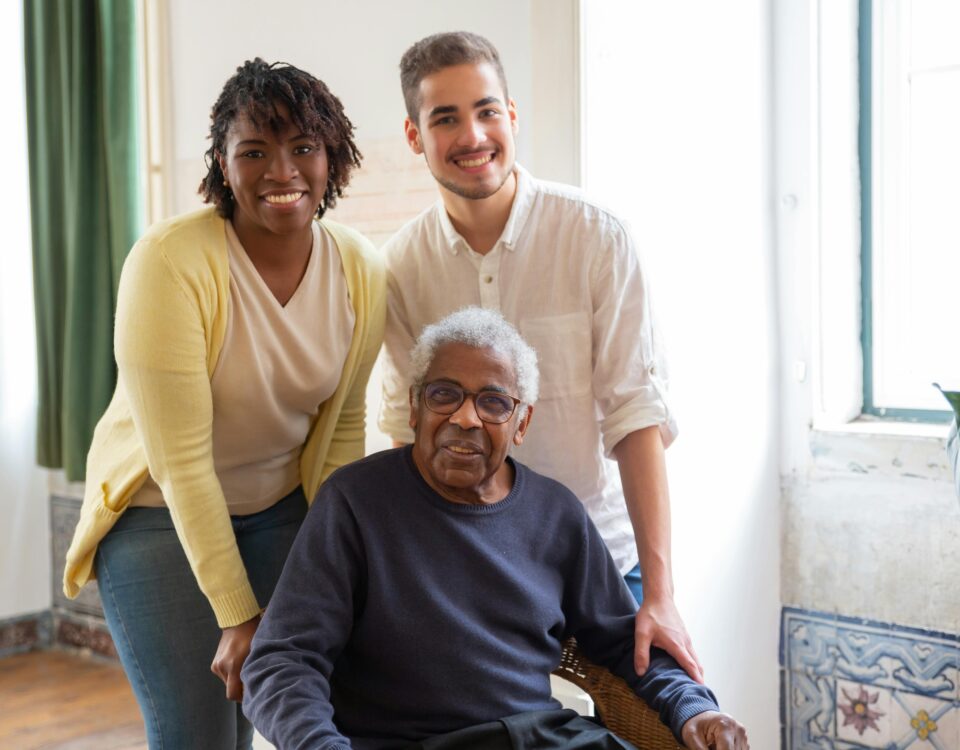You can’t always be there. But we can.
Help Mom or Dad Organize Their Documents for Organize Your Medical Information Month

What to Look for in Your Parent’s Kitchen That Could Indicate They Need Home Care
September 26, 2016
How the Internet is Helping Lonely and Isolated Elders
October 10, 2016Help Mom or Dad Organize Their Documents for Organize Your Medical Information Month
Home Health Care Whittier CA
October is Organize Your Medical Information Month. It is the time of the year when you and your loved one should sit down and start keeping all important insurance documents, a list of medications, and other medical forms in a safe location. Having all of this information organized will make it much easier for you and your loved one to have access to it when they are in need of medical attention.
Older adults who have a medical condition that requires numerous visits to their doctor may need help with this task from a professional home health care provider. This caregiver will be able to assist your loved one with the task of organizing their medical information, as well as driving them to and from doctor appointments.
In order to make this job much easier for you or their home health care provider, here is a list of documents that should be included with their medical information.
Cardiac tests. If your loved one has ever undergone a treadmill test, EKG, echocardiogram, special heart imaging tests, or an exam for coronary artery disease, the elder will need to keep these documents with the rest of their medical information. This information could be helpful to their doctor if they are having symptoms related to their heart or lungs.
Laboratory results. Any past bloodwork or urine tests may be helpful in the future. Blood tests may be helpful if there is information related to their blood electrolytes, blood count, or kidney function. Copies of these results from the past 1-2 years would be the most helpful.
Pathology reports. Keep any reports with details on your loved one’s biopsy in order to make sure they are given the right medical attention based on the results.
Radiology results. Having any past x-rays, MRI scans, CAT scans, or ultrasound tests will prevent the elder from having to take these exams again.
Summaries of hospital discharges. These documents include descriptions of the reason for the visit, the senior’s medical condition, and the treatment given. Having this information readily available will make it much easier to give to another doctor or medical professional if needed.
Other records or tests. Has your loved one undergone any other medical procedures or exams? If so, keep these documents with the rest of their medical information. You never know when it may be needed by another doctor.
As your aging parent gets older, they may have to make more frequent trips to their doctor’s office or hospital. To better prepare them for these visits, keep all of the information organized and in an easy-to-reach area of their home.
Source: https://betterhealthwhileaging.net/tools-for-caregivers-keeping-organizing-medical-information/


